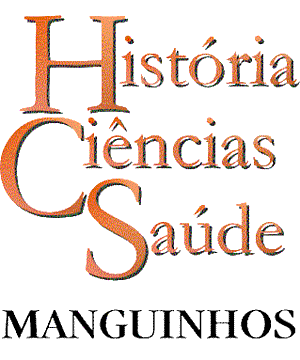Starting in the mid-twentieth century, the works of Chaim Perelman played an important role in renewed esteem for the use of rhetoric in wining adherents. Perelman’s criticisms focused on what he considered the undue expansionism of one type of reason - that is, deductive, demonstrative - which eventually prevailed as the model of truth for all fields of knowledge. Parallels are drawn between argumentation theory and themes within philosophy and the history of science, most particularly the notion of reason that has underlain thoughts on scientific knowledge in recent centuries. According to Perelman, electing one type of reason to be necessary constitutes methodological monism. He demonstrates how this approach molds a particular world view and, since it legitimizes an authoritarian form of power, it also has political consequences.
philosophy; Chaim Perelman; argumentation; reason; pluralism
